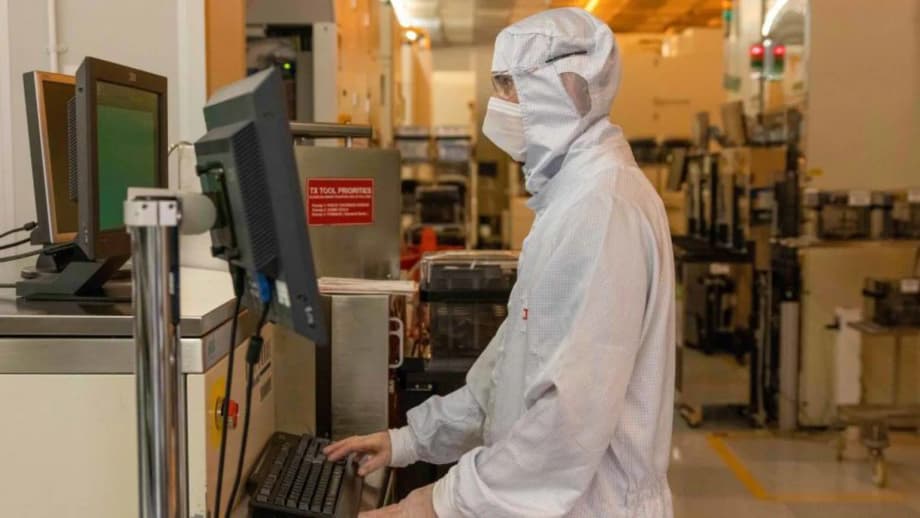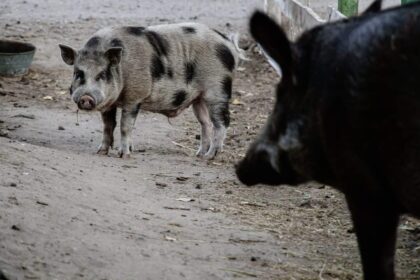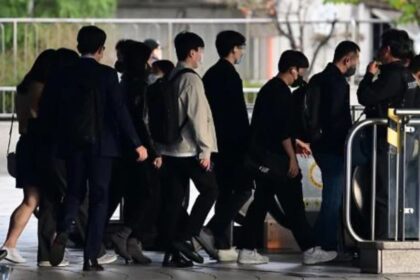Why the Netherlands took control of a key chip supplier
The Dutch government has moved to take control of Nexperia, a major semiconductor producer headquartered in the Netherlands and owned by China’s Wingtech Technology. Officials say the step is designed to safeguard Europe’s supply of essential chips for cars and electronics and to protect Dutch and European economic security. The action, described by The Hague as highly exceptional, targets governance risks at Nexperia and the danger that products could become unavailable in an emergency.
Nexperia is a high volume manufacturer of so called mature chips, the small but essential diodes, transistors, logic devices, and power management components that go into vehicles, smartphones, industrial machines, and appliances. These parts are not the cutting edge processors that power artificial intelligence, yet they are critical for the smooth running of factories. A shortage of a single power conversion chip can halt a car assembly line. That is exactly the type of disruption European leaders say they want to avoid after painful supply shocks in recent years.
The Dutch order does not amount to a full nationalization. Production can continue as normal, the government says, and the measure is intended to mitigate risk. The state has granted itself the authority to reverse or block company decisions that might threaten supply or the preservation of crucial knowledge on Dutch and European soil. The aim is to keep chips flowing in a crisis, prevent technology from being lost abroad, and steady a strategic supplier that serves many European manufacturers.
What the Goods Availability Act does
The intervention relies on the Goods Availability Act, a Dutch law from 1952 that allows the government to act when the supply of critical goods is at risk. The Minister of Economic Affairs can impose temporary supervision and restrictions on company decisions to make sure essential products remain available during emergencies. The government says it invoked these powers in September after acute signals of serious governance shortcomings at Nexperia, which could harm the continuity of operations and the safeguarding of technological knowledge in the Netherlands and Europe.
In practice, the order means Nexperia is under temporary external management, and the company has been asked to suspend changes to assets, business lines, and personnel for up to a year. The minister can block or reverse decisions considered potentially harmful to the company’s interests or to the security of supply. Officials stress that the measure does not interfere with day to day production and that the intent is to stabilize the business and protect Dutch intellectual property in case of a crisis that would otherwise jeopardize chip deliveries.
Governance concerns and a boardroom shake up
The governance issues cited by the Dutch authorities have already triggered a shake up at the top of Nexperia. Following petitions from European executives, the Amsterdam Enterprise Chamber suspended Wingtech founder Zhang Xuezheng from his positions at Nexperia. The court appointed Dutch businessman Guido Dierick as a director with a deciding vote to ensure independent oversight. Reports in industry outlets indicate that Nexperia’s chief financial officer, Stefan Tilger, is serving as interim chief executive while the company navigates the new regime. Court filings also show that temporary control over most of Nexperia’s shares was transferred to a Dutch legal representative for management purposes.
Security sensitivities around Nexperia’s leadership had drawn attention well before the government’s move. According to minutes recorded in a Dutch court ruling, US officials advised The Hague in June that Nexperia could face limits on exports to the United States if Mr. Zhang remained in his post. In December 2024, the US Department of Commerce added Wingtech to its entity list of companies restricted for national security reasons, and in late September 2025 those restrictions broadened to include subsidiaries, which would bring Nexperia into scope before the end of November without a change in status.
Wingtech, Nexperia’s parent company, disputes the intervention and argues it has followed all applicable laws since acquiring Nexperia in 2019. In a statement criticizing the Dutch step, the company said the action represents an












